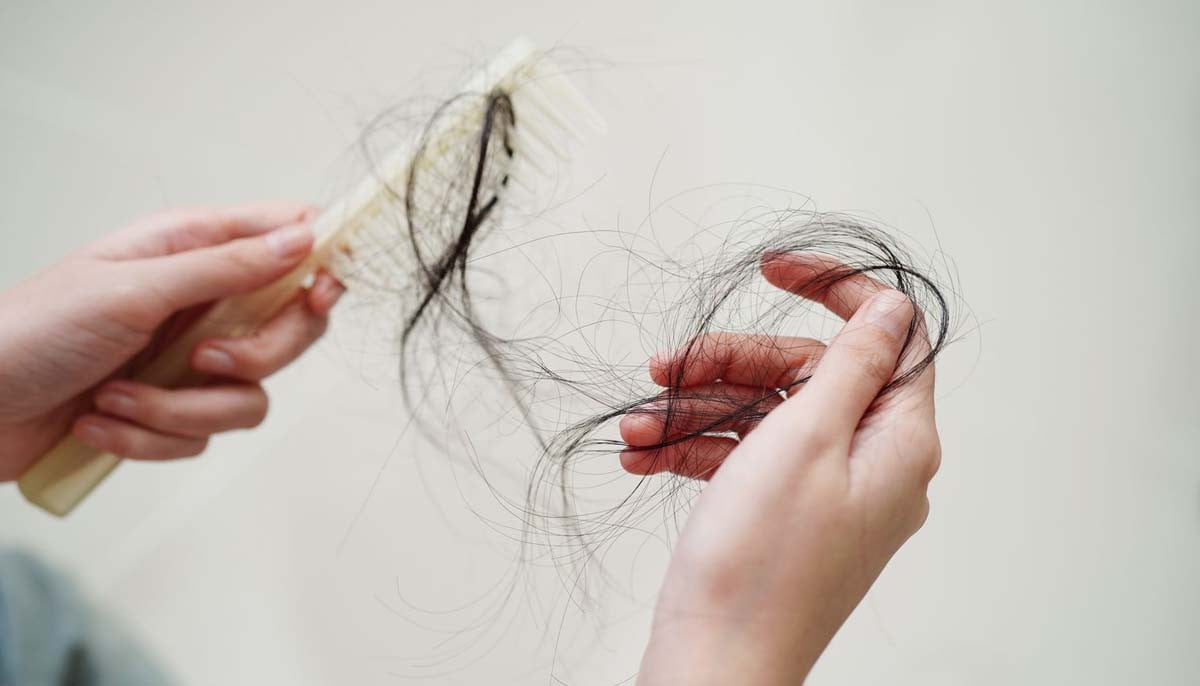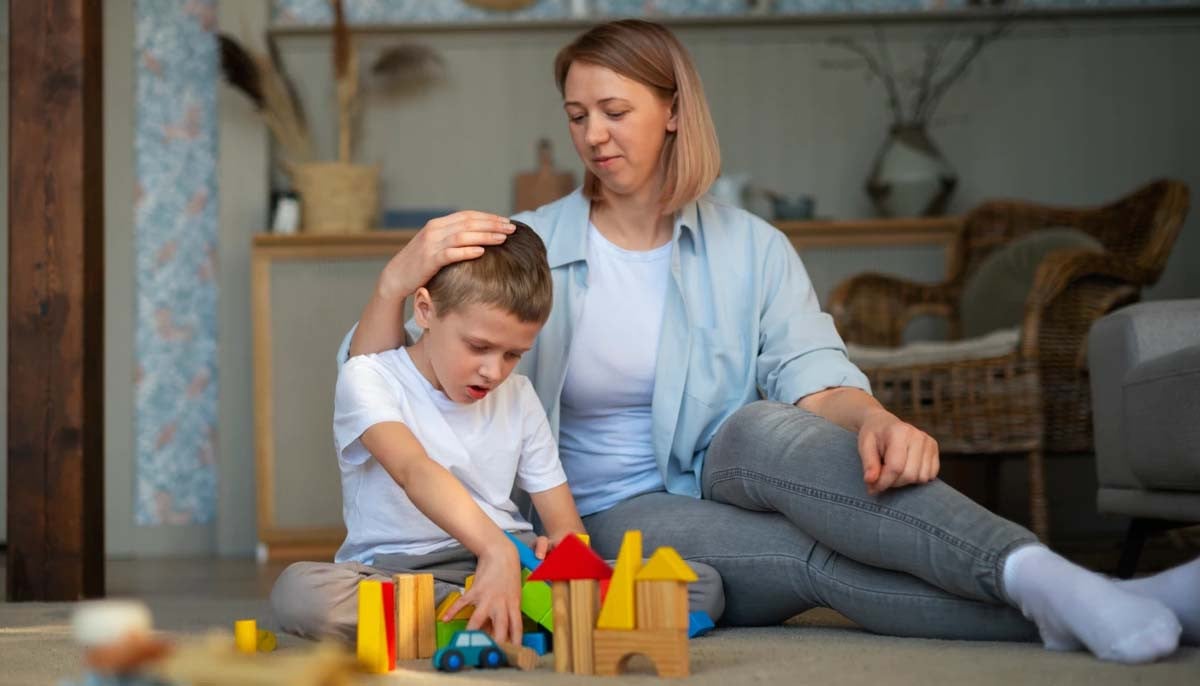Breakups, divorce hit women harder than men: study
Study also finds that more men re-partnered after bereavement or relationship breakup than women
When a couple breaks apart, it leaves a lasting impact, maybe on one more than the other.
A new study shows that women are more likely to use antidepressants after a breakup or divorce than men, The Guardian reported.
The study, led by Professor Yaoyue Hu of Chongqing Medical University and funded by the European Research Council and the Academy of Finland, published in the Journal of Epidemiology and Community Health, carried out an observational study examining 228,644 Finnish citizens aged 50 to 70 between 1996 and 2018.
Of the group, 33% were divorced, 30% had broken up with their partner and moved out, and 37% were widowed.
The study found that antidepressant use increased in men by 5% and in women by 7% in the six months leading up to the divorce.
According to the researchers, the trends in antidepressant usage may suggest that women, in comparison to men, have a tougher time emotionally adjusting to a divorce or other marital breakup later in life.
Gender disparities in family roles, responsibilities, and economic position might be additional variables contributing to the unequal use of antidepressants.
The study also found that more men re-partnered after bereavement or a relationship breakup than women.
"The greater increases in antidepressant use associated with union dissolution among women in our study may indeed relate to the fact that the costs of union dissolution on mental health fall more heavily on women than men," the study said.
The study concluded that grey divorce, at age 50 and older is on the rise in high-income countries.
-
Antioxidants found to be protective agents against cognitive decline
-
Coffee reduces cancer risk, research suggests
-
Keto diet emerges as key to Alzheimer's cure
-
What you need to know about ischemic stroke
-
Shocking reason behind type 2 diabetes revealed by scientists
-
Simple 'finger test' unveils lung cancer diagnosis
-
Groundbreaking treatment for sepsis emerges in new study
-
All you need to know guide to rosacea












